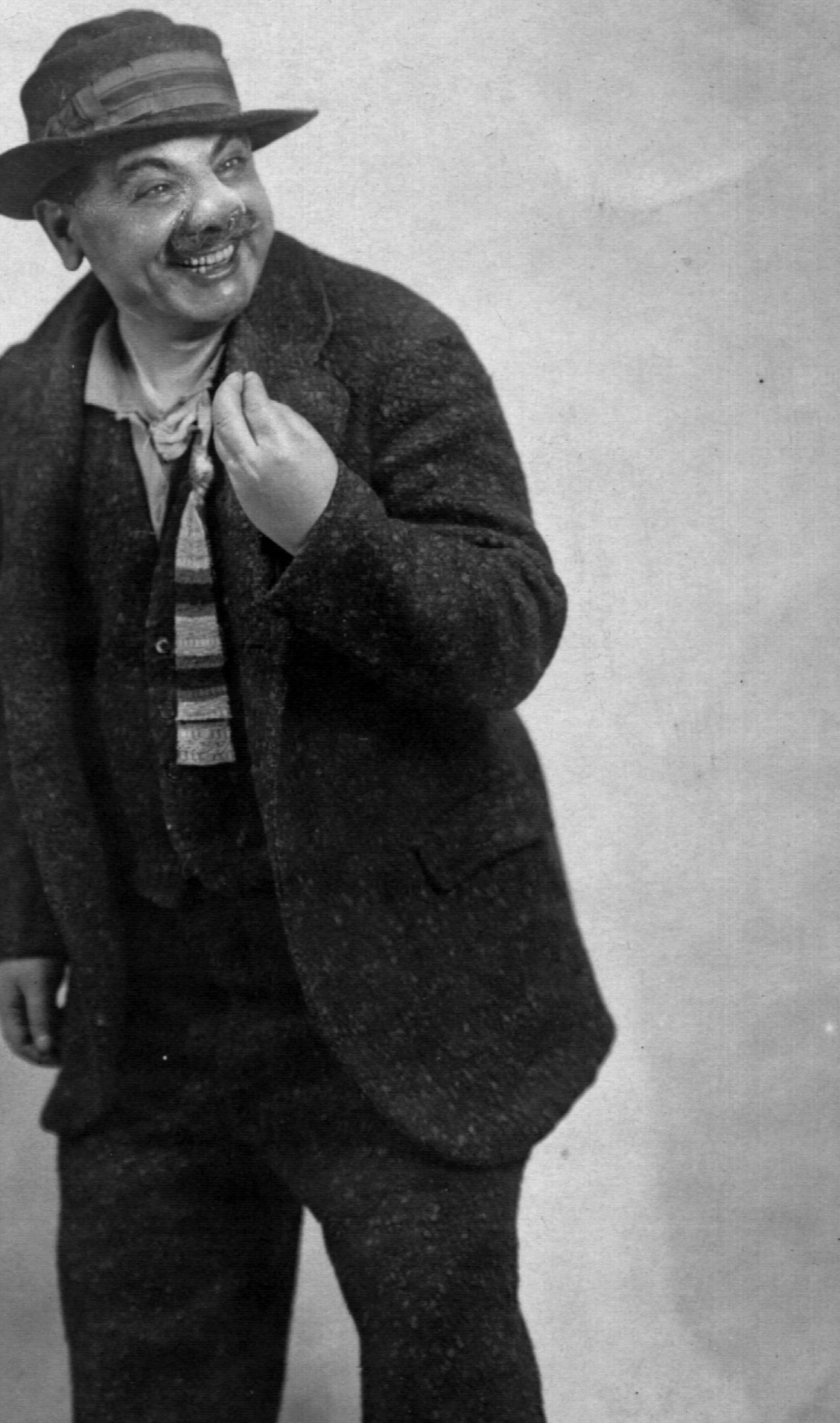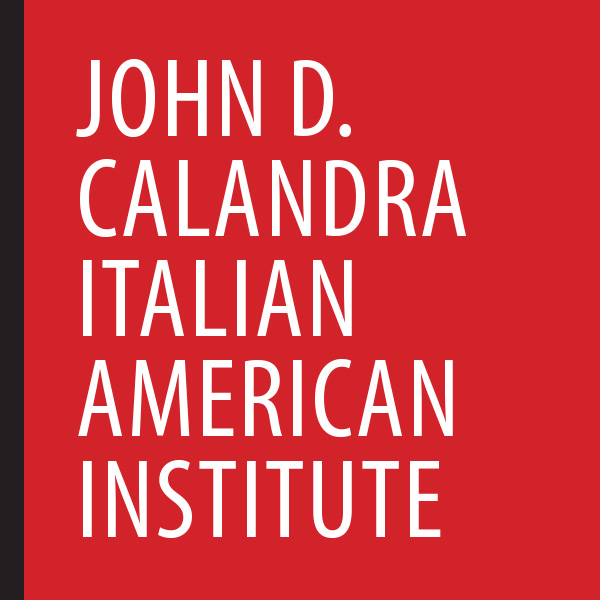
Between Naples and New York: Italian Immigrant Speech in Eduardo “Farfariello” Migliaccio’s Macchiette
Hermann W. Haller, Queens College and the Graduate Center, City University of New York
 Eduardo Migliaccio (1882-1946), known as Farfariello, was widely considered one of the key figures of the Italian immigrant theatre and the “king” of the macchiette, theatrical sketches performed in his one-man shows. His satires in Neapolitan dialect brought to life a myriad of characters and their experiences in the New World during the mass migration in the early decades of the twentieth century. The macchiette portrayed the immigrants’ hopes and disillusions in their search for better lives in a new social environment. With language being a key factor for theatrical success, Migliaccio proved to be a masterful observer of immigrant speech varieties ranging from Neapolitan dialect to dialectal Italian and Italianized colloquial English, and even to Italianized French and Spanish. The play with language, particularly with Italian-American loan words, the characters’ comments and attitudes concerning language use, and the representation of their speech varieties reflect the gradually changing identities of Italian immigrants in New York.
Eduardo Migliaccio (1882-1946), known as Farfariello, was widely considered one of the key figures of the Italian immigrant theatre and the “king” of the macchiette, theatrical sketches performed in his one-man shows. His satires in Neapolitan dialect brought to life a myriad of characters and their experiences in the New World during the mass migration in the early decades of the twentieth century. The macchiette portrayed the immigrants’ hopes and disillusions in their search for better lives in a new social environment. With language being a key factor for theatrical success, Migliaccio proved to be a masterful observer of immigrant speech varieties ranging from Neapolitan dialect to dialectal Italian and Italianized colloquial English, and even to Italianized French and Spanish. The play with language, particularly with Italian-American loan words, the characters’ comments and attitudes concerning language use, and the representation of their speech varieties reflect the gradually changing identities of Italian immigrants in New York.

Recent Comments